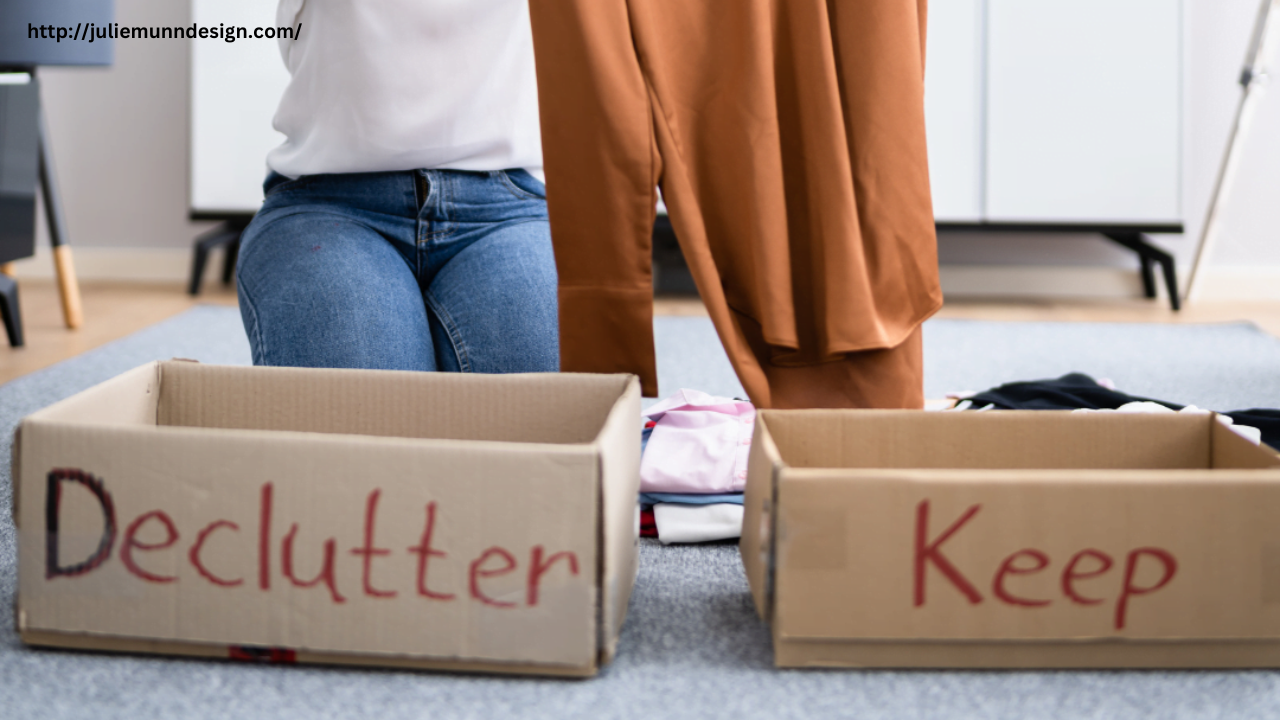Declutter Your Home, Declutter Your Mind: The Mental Benefits of Minimalist Design
In today’s fast-paced world, our homes should serve as a retreat—a place where we can unwind and find peace. However, cluttered and chaotic spaces often lead to stress and mental fatigue. Minimalist design offers a solution by promoting simplicity, functionality, and serenity. By decluttering our homes, we can declutter our minds, creating an environment that supports mental clarity, emotional balance, and overall well-being.
The Link Between Clutter and Mental Health
Research has shown that clutter can significantly impact our mental state. A disorganized space can lead to increased anxiety, difficulty concentrating, and even feelings of guilt or overwhelm. When we are constantly surrounded by excess, our brains work harder to process visual stimuli, making it harder to relax. Minimalism helps eliminate distractions, allowing for a clearer, calmer mind.
Less Stuff, Less Stress
One of the main principles of minimalist design is keeping only what adds value to your life. This approach reduces the burden of maintaining, organizing, and cleaning unnecessary belongings. A streamlined, clutter-free space makes daily tasks easier and more enjoyable, reducing stress and giving you more time for meaningful activities.
Enhancing Focus and Productivity
A tidy environment fosters concentration and efficiency. When unnecessary objects are removed, the brain can focus better on the task at hand, whether it’s work, reading, or simply unwinding. This is particularly important for home offices and study areas, where distractions can significantly impact performance.
Creating a Sense of Calm
Minimalist spaces emphasize openness, light, and balance. Soft, neutral colors, natural materials, and simple decor create a soothing atmosphere that helps regulate emotions. Instead of feeling overwhelmed by clutter, a minimalist home provides a sense of order and tranquility, making it easier to de-stress after a long day.
Mindful Living Through Minimalism
Minimalism encourages mindfulness by helping us become more intentional about what we bring into our homes. Rather than accumulating items impulsively, we focus on what truly adds value. This shift in mindset fosters gratitude, contentment, and a deeper appreciation for the things we do have.
Practical Steps to Declutter Your Home
- Start Small – Begin with a single room or category (e.g., clothes, books, or kitchenware) to prevent overwhelm.
- The One-Year Rule – If you haven’t used an item in the past year, consider donating or discarding it.
- Organize with Purpose – Use smart storage solutions to keep essential items neatly arranged and out of sight.
- Adopt a “Less is More” Mentality – Focus on quality over quantity when purchasing new items.
- Maintain a Clutter-Free Space – Regularly assess and remove things that no longer serve a purpose.
By embracing minimalist design, you can create a home that nurtures mental clarity, reduces stress, and enhances overall happiness. A decluttered space leads to a decluttered mind—allowing you to focus on what truly matters in life.
